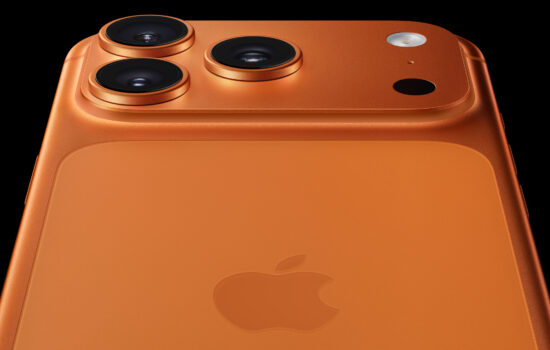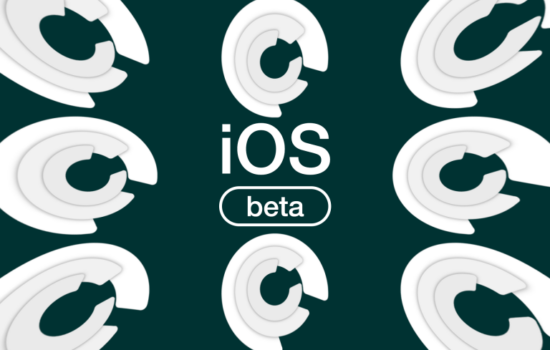Pittsburgh University researchers are focusing on making the iPhone sensors detect whether you are drunk. Most people believe they are sober enough to drive their car, even after drinking a lot of alcohol, but you should be able to determine for yourself without going for a sobriety check, according to the research report.
Smartphones have come a long way in the past decade and this research shows that we are not even halfway through the evolution. The iPhone sensors, such as the built-in accelerometer, can detect some of the user’s characteristics which could be an indication that they are too intoxicated to drive.
The sensors will detect the way you walk normally and once you are under the influence of alcohol. The difference between both the time will help the iPhone warn the person that they are not safe to drive.

Does this actually work? Is it Perfect?
The test was conducted under controlled circumstances, and not in the outside world. A small number of people had been studied as part of the initial analysis. The study group comprised 22 participants aged 21-43, including 15 men and 7 women. Each member got lime and vodka and drank until their blood alcohol level reached 80 milligrams of alcohol per 100 milliliters of blood, which is the legal limit on drink-drive in countries such as the US and the UK.
Participants were told to come back and turn around. The result was really positive as the researchers were able to identify 90% of the participants (17 out of 22) using the feature. As mentioned above, this was possible after analyzing their gait data.
Is it Worth it? When will it be out for the Public?
Here is the catch, the Researchers note that this is more a proof of concept analysis than the actual creation of an application. We might be far behind the release of an iPhone with the feature of identifying Drunk People, but it’s good to see what our smartphones are capable of achieving.
The great thing about this feature is that this won’t need any specialized or new hardware and will function on the current iPhones because they already have very powerful sensors. It means the functionality isn’t going to be limited to the iPhone and can extend to smartphones with good sensors.
Having a smartphone in your pocket that can tell whether you’re intoxicated or not is truly a technical development. Problems related to alcohol are a big concern in our culture and while this work is at the beginning stage, it is nice to see such a promising outcome to begin with.
The research at the University of Pittsburgh was carried out by Brian Suffoletto, M.D., Pritika Dasgupta, M.P.H., M.H.I., M.S., Ray Uymatiao, B.S., James Huber, B.S., Kate Flickinger, M.S., and Ervi Sejdic, Ph.D.







